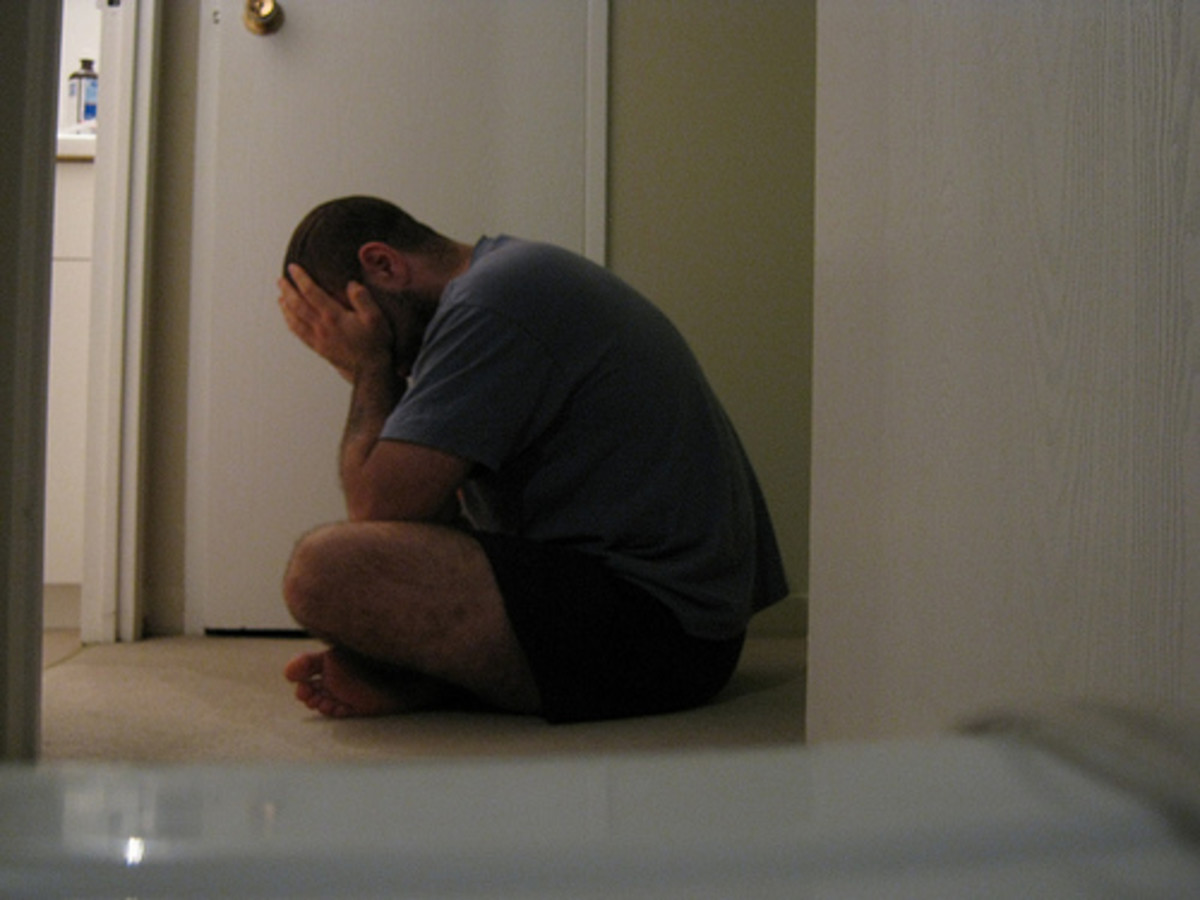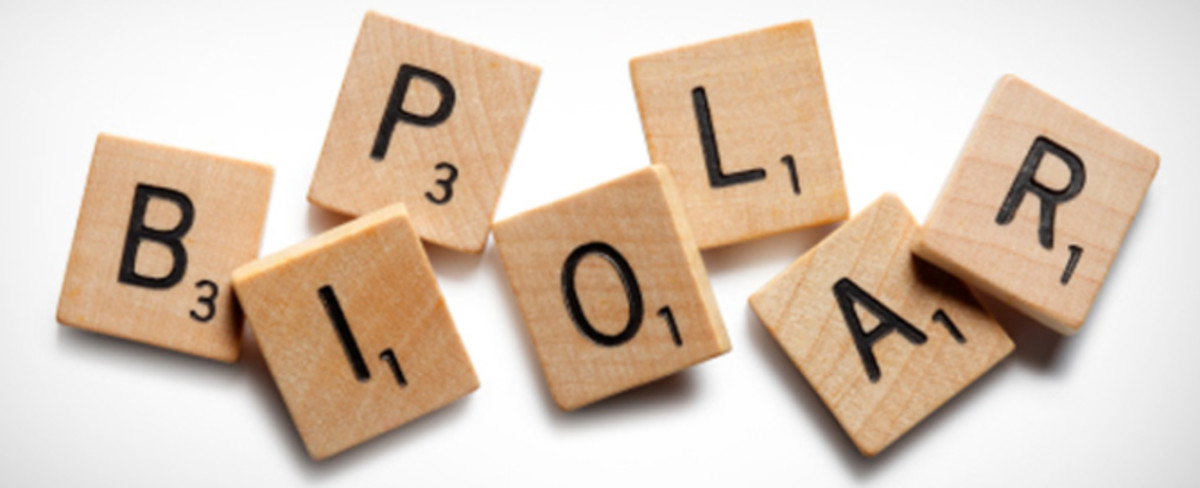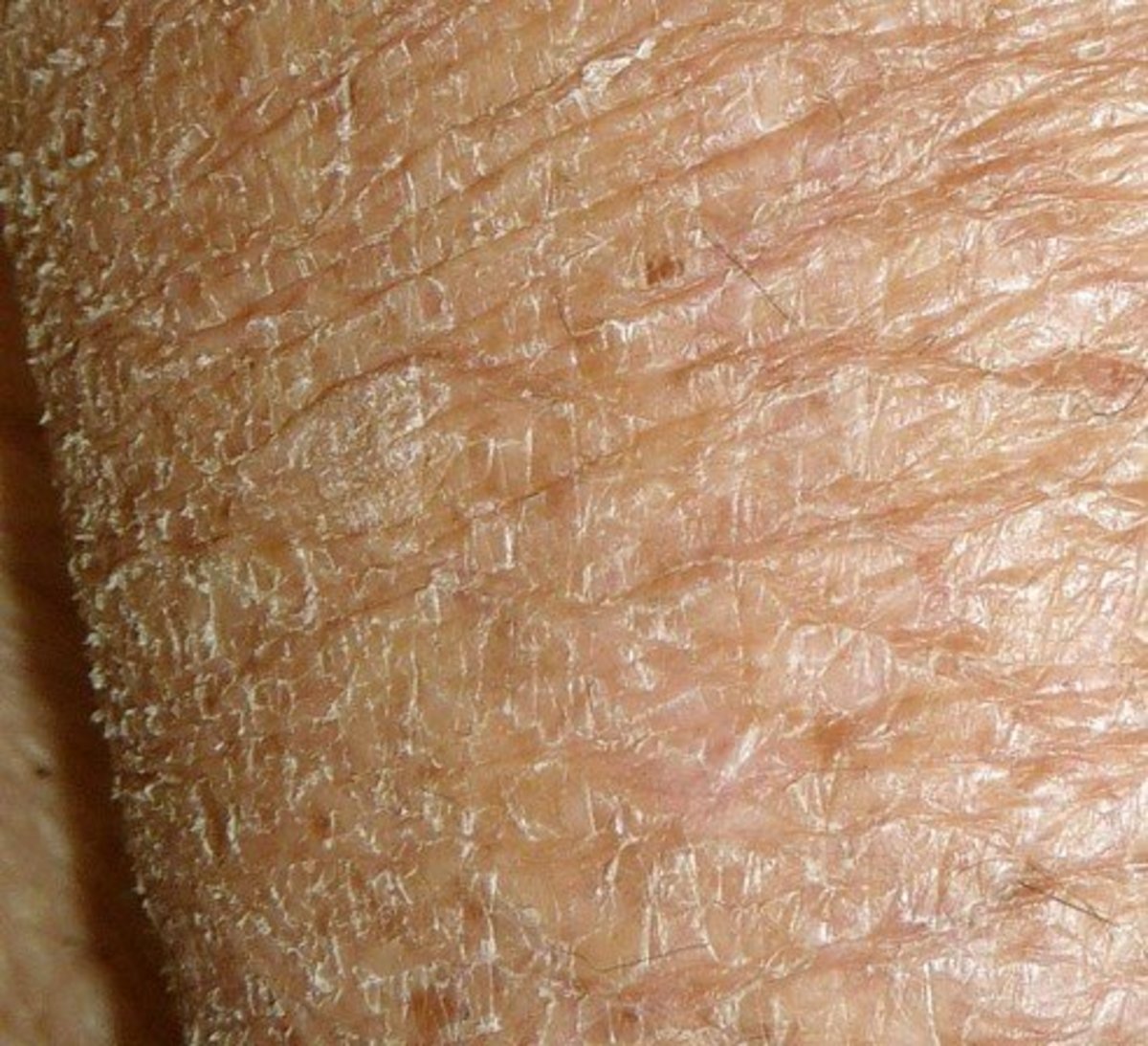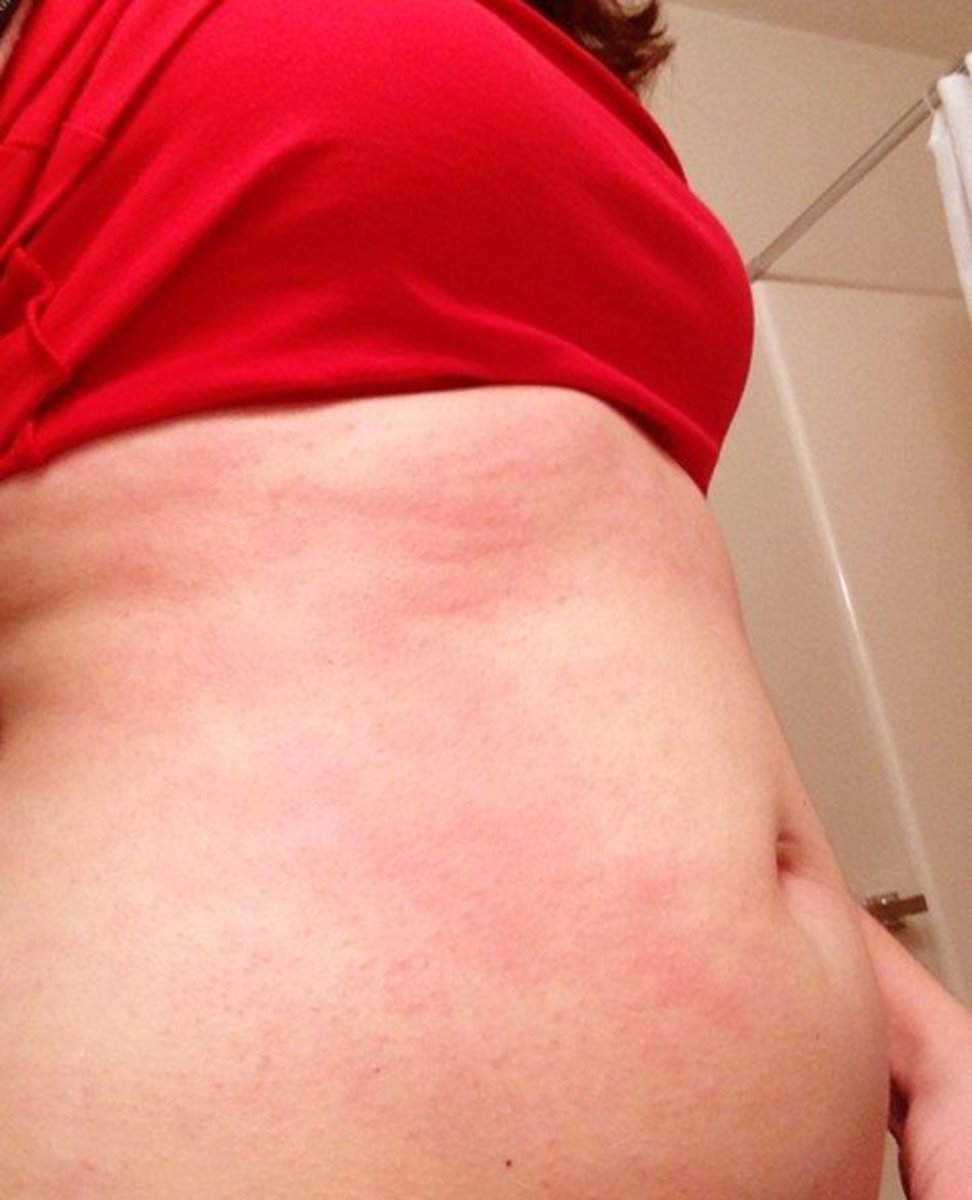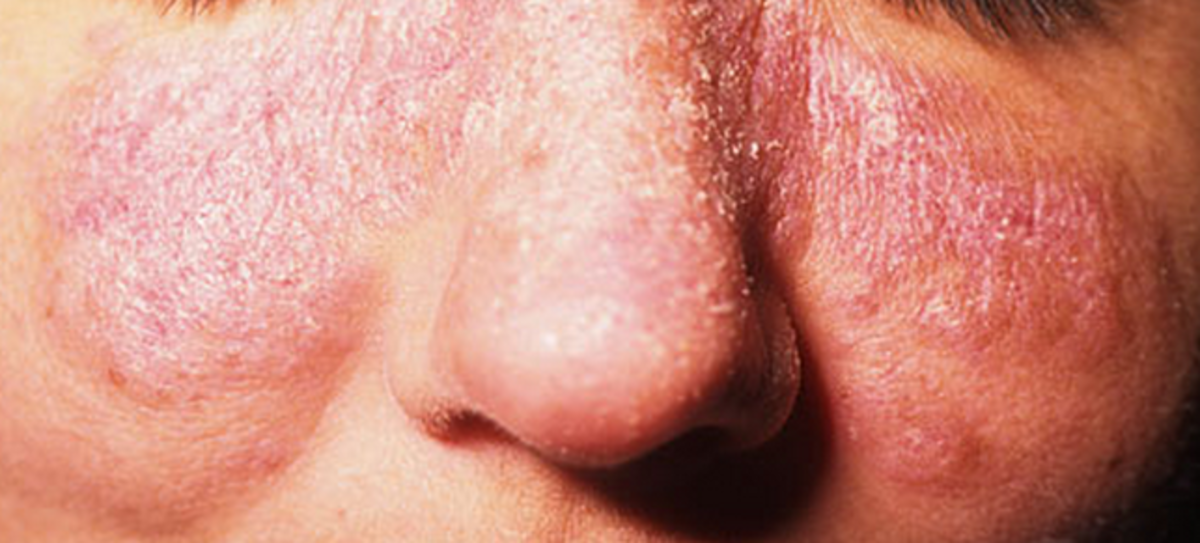Effective Solutions for Bipolar Disorder

What is Bipolar Disorder
Bipolar disorder, or manic depression, is a medical illness that causes extreme shifts in mood, energy, and functioning. These changes may be subtle or dramatic and typically vary greatly over the course of a person’s life as well as among individuals. Over 10 million people in America have bipolar disorder, and the illness affects men and women equally. This is a chronic and generally lifelong condition with recurring episodes of mania and depression that can last from days to months. Most people generally require some sort of lifelong treatment.
Symptoms and Triggers of Bipolar
Some symptoms of mania are either an elated, happy mood or an irritable, angry, or unpleasant mood…racing thoughts and flight of ideas, increased talking, more rapid speech than normal, sexual indiscretion, decreased sleep and risk taking to name a few. Some symptoms of depression are loss of energy, prolonged sadness, feelings of guilt and hopelessness, increased feelings of worry and anxiety and lack of interest in participation.
“The genetic link to bipolar is real and it is based on a strong scientific foundation”. Bipolar runs in families and perhaps, you can see depression or alcohol and drug abuse also, all of which seem to be linked at least in some degree to bipolar disorder. Most scientists believe that bipolar disorder is likely caused by multiple factors that interact with each other to produce a chemical imbalance affecting certain parts of the brain. A stressful environment or negative life events may interact with an underlying genetic or biological vulnerability to produce the disorder. There are other possible triggers of bipolar episodes such as treatment of depression with antidepressant medication. Treating a bipolar disorder with antidepressants can trigger a switch into mania. Sleep deprivation is also a big problem in causing manic episodes and hypothyroidism may produce depression or mood instability. Bipolar disorder can also occur without any obvious triggers.
Who Does it Affect
Bipolar disorder is very destructive and debilitating. It is being recognized more and more in adults and the younger generation. A lot of times it is misdiagnosed because many people only seek help in their depressive state and possibly even forget the manic states all together or finding relief in them.
Again, it is destructive and can eventually lead to suicide. Families are torn apart and have just lived with the disorder instead seeking help. Some believe it is just who they are. Also, being diagnosed incorrectly and put on the wrong medications (i.e. Anti-depressants) only exacerbate the problem further by triggering a manic episode.
All age groups can be afflicted with bipolar disorder. They are now discovering it in younger ages. The average onset is 19 and twenty-five years ago the average age was 32. People with Bipolar disorder are ten to twenty times more likely to commit suicide than someone who doesn’t have it. This is possible because they have the energy from mood switching to act out suicidal thoughts. This is such a significant problem that it rates sixth on the World Health Organization list of years of life lost to death and disability in people worldwide between the ages of 15 and 44.
Treating Bipolar from All Angles
Many directions are now taken to help the growing number of people that have this disorder. Medications which I will get in to later, is an important part of controlling the depression and mania. However, as much as we want a pill to be the answer to this debilitating disorder, there are many other aspects of our lives to be aware of and change. An important part is gathering a support group that is aware of the symptoms and can be aware of what to do. For instance, one can be an advocate at doctor appointments, use words of support, remind you that your brain is lying to you, encourage positive self-talk, learn about the bipolar drugs, help relieve fears, prepare for a crisis and ask the bipolar friend's promise to call for help when it becomes severe.
Another form of help is psychotherapy, a more active form, one that will help you and your family relearn ways of thinking or acting with respect to your behavior and your disorder. This has been proven very successful along with medication. Cognitive therapy is another helpful form of therapy. This type of therapy can help a client to de-stress from an overwhelming situation that they have not been able to deal with, without becoming triggered or suicidal. Someone that can help a person change the way their thought patterns work. I believe that this can help alongside both psychotherapy and medication. A new one for me is Interpersonal and social rhythm therapy. This looks at patterns of activities in your life and then syncs these activities with your natural circadian rhythms. This seems like a very helpful and fairly new process.
Electroconvulsive therapy seems to sometimes be the miracle cure for the people who don’t have any success with the medications and who seem to be the sickest. This technique is also helpful for people, such as pregnant women, who can’t have most of the medications that stabilize. It is a benign procedure now that they sedate a person while the procedure takes place. Nutrition needs to be looked at, especially Omega 3s. Light therapy is also an option. Many of these techniques may seem unusual or strange and not even available, but if they help, I would be willing to walk across hot coals to feel better. I believe the most important help for a bipolar in a manic or depressive episode is medication. It is not the answer, but perhaps it can be the beginning of the recovery from years of the roller coaster of bipolar disorder.
The medication is extensive with all kinds recommended for the handling of mania and depression. Many anticonvulsants have been found useful in lowering mania and stabilizing depression. Some like Lamotrigine, tend to help with the depressive side of bipolar disorder. It keeps the mood elevated. Lithium, a mood stabilizer, is a drug that puts the breaks on mania and brings you up from depression. Why are medications so important? Since we know it is biological and genetic, it would not be a question that medications would be used. They can dampen the oversensitivity of the brain’s nerve cells to the signals and chemicals that bombard them.
People need to know that you cannot will away Bipolar disorder anymore than you can will away cancer. If cancer had increased 4000% in children there would be an alert out to conquer it immediately. But you don’t even hear about bipolar and children, as if it didn’t exist.
Helpful Professionals
Sound Mental Health (SMH) located in Des Moines, Washington is one example of an organization that provides care. It is well rounded in regards to all the information it provides. Almost anything you are looking for can be found here, including a crisis section. To begin with, it lists a number of local resources in itself such as NAMI, crisis clinic, United Way, King County housing and community development and drug and alcohol helpline, AA hotline and Center for psychiatric rehabilitation to name a few. All of these have links that can be accessed. Within the counseling services, they serve children, youth and families, adults and older adults. They are culturally diverse and help all ethnic back grounds. They work with the juvenile and criminal systems for both youth and adults. Individuals that have experienced trauma or domestic violence, are disabled, such as deaf or hard of hearing.
The services they provide include assessments that are trauma related, individual, family, couple and group sessions. Integrated treatment for co-occurring substance abuse and mental health disorders. Solution oriented care and employment support…as well as motivational enhancement and life skills. Clients can expect a comprehensive assessment that addresses the whole person’s needs and goals across all life domains. Services will be tailored to the individual needs of clients. They are designed to support hope, recovery and resilience.
Specifics of Sound Mental Health...
Their crisis response services are available 24/7 and include emergency assessment, phone consultation, outreach, emergency medication management, crisis case management or assistance with hospitalization. The broader community of employers such as schools, law enforcement and other groups, can receive help for recovering from a critical or traumatic incident with their critical incident response services team. Their Mission is to strengthen our community and improve the lives of their clients by delivering excellent health and human services tailored to meet their needs. They seem to be a non profit organization and accept a number of contributions such as online donations, corporate matching gifts, planned giving, gifts of securities and corporate and foundation partnerships to name a few. I found this organization on a website under Seattle local mental health organizations. This would be how they obtain clients and also by word of mouth. Other organizations they have links to, may also recommend them as a source of help.
If you don’t live in the Seattle area, you will still be able to find organizations with this kind of help, utilizing the information this one provides in your search.
Helpful Websites:
http://www.dbsalliance.org/site/PageServer?pagename=crisis_hotlineinfo
http://www.bipolarhotline.com/
Helpful Books:
David J. Miklowitz- The Bipolar Disorder Survival Guide
Terri Cheney- Manic, A Memoir
Kay Redfield Jamison, PhD- An Unquiet Mind:A
Memoir of Moods and Madness
Sources of Information:
Charney, D.S., Nemeroff, C.B. (2004). The peace of mind prescription. An authoritative guide to finding the most effective treatment for anxiety and depression. New York, NY. Houghton Mifflin Company.Fountain, B. (2010). Unresponsive depression may be bipolar disorder. Redlunds, CA. Redlunds Daily Facts.Oliwenstein, L. (2004). Taming bipolar. New York, NY. Penguin Group.Smith, G. (2010). Sleep and bipolar disorder. Glasgow, UK. Sunday Mail.Srivastava, S. (2009). Living with bipolar disorder. Seattle, WA. International Examiner, Vol. 36, Iss. 20, p. 9,11.
Treating Bipolar Disorder With Nutrition & Diet
http://www.ehow.com/how-does_4882585_treating-bipolar-disorder-nutrition-diet.html



